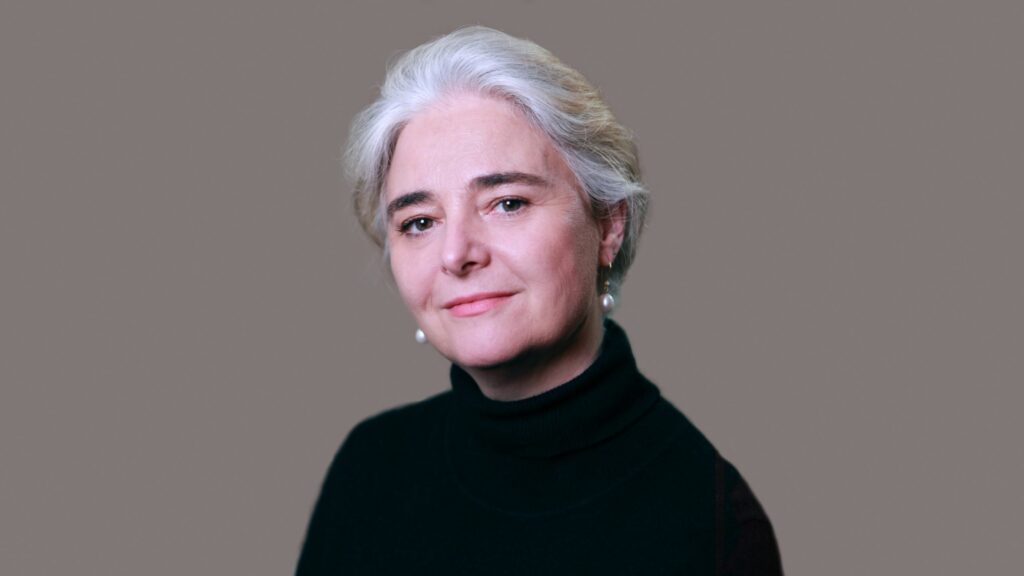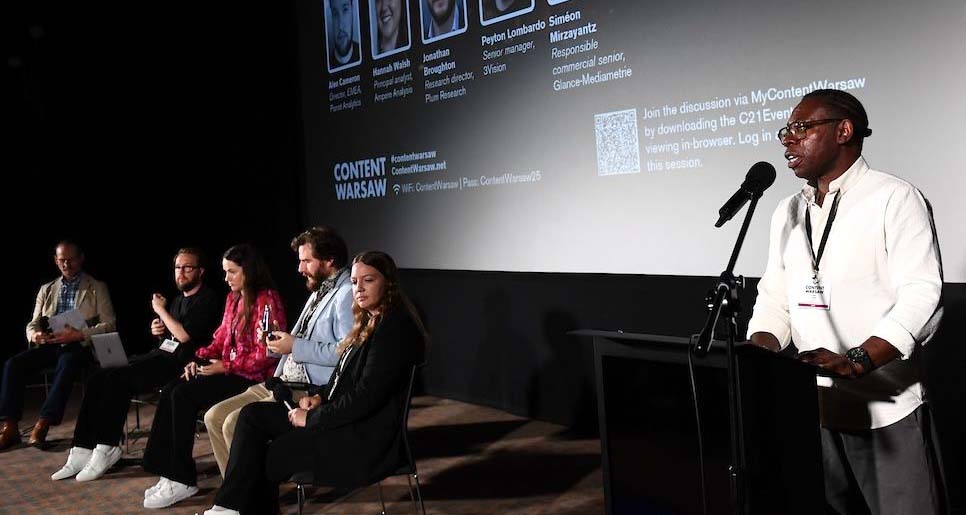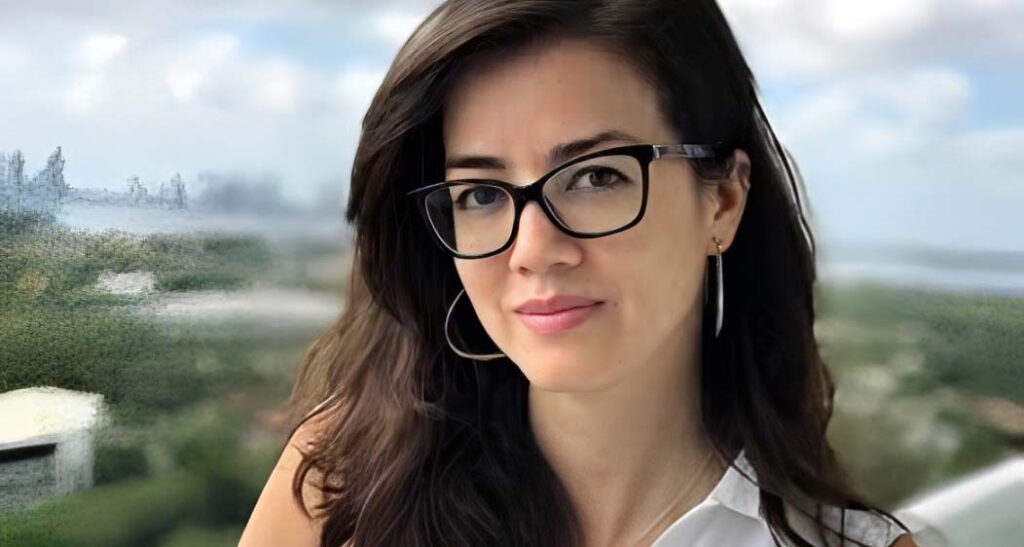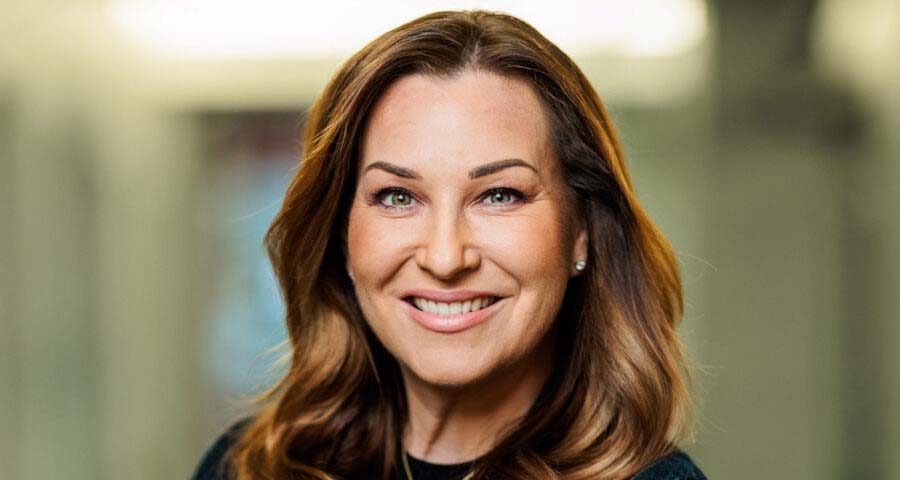Patricia Hidalgo, Director of Children’s and Education Content at the BBC, reflected on the deepening crisis facing children’s television in a rapidly shifting media landscape. During Kidscreen Summit, she examined the structural transformations that had reshaped the industry and emphasized that public service broadcasters could not be expected to shoulder the burden alone.

Hidalgo argued that streaming platforms had fundamentally altered the way young audiences accessed content, and this shift had eroded long-standing ecosystems for culturally relevant programming. ‘Streaming platforms with no linear children’s channels have never had an obligation to invest in content for this audience’, she noted. ‘They regarded kids as a retention audience rather than a driving force for subscriptions’. As a result, the volume of original, local children’s content had steadily declined.
Despite these challenges, Hidalgo stated that the BBC remained committed to its mission: ‘We have and will remain committed to delivering high-quality, culturally relevant content for young audiences’. However, she clarified that this was not a mission public broadcasters could fulfill in isolation. ‘One broadcaster alone cannot bear the weight of this responsibility. Imagine if this was the case for adult TV’.
She pointed to the need for collective responsibility and long-term planning, especially given the production timelines involved: ‘It takes one to two years to bring a new live-action title to our audience, and three to four years for animation. If we didn’t act now, both supply and suppliers would dwindle’.
To address the funding gap, Hidalgo advocated for targeted government incentives. Drawing a parallel with the independent film sector, which had received a 40% tax rebate in the UK, she argued that children’s media deserved similar support. ‘At the BBC, we believed that to incentivize and support vital British children’s content, the government should consider targeted changes to the existing animation and children’s tax relief’.
She emphasized that incentives alone would not be enough. ‘A healthy and prominent public service broadcaster and commercial competition were both needed to sustain a thriving kids media creative industry that benefits the audience’, she wrote.
Hidalgo’s appeal extended beyond the UK context, urging broadcasters, governments and platforms worldwide to collaborate in restoring a balanced media diet for young viewers. ‘Children are the future’, she concluded, ‘and how we educate this generation of kids with the content they consume is everyone’s responsibility’.







